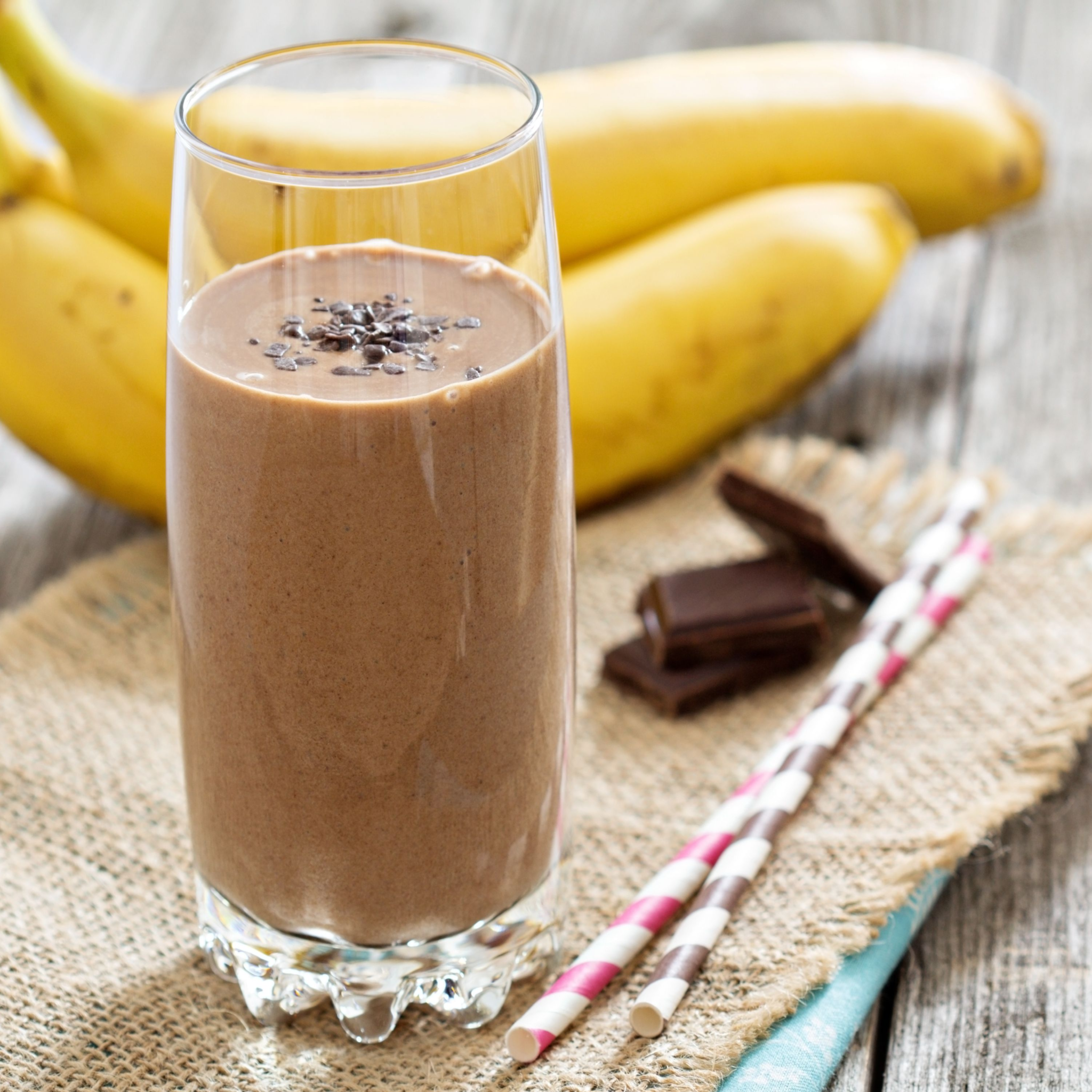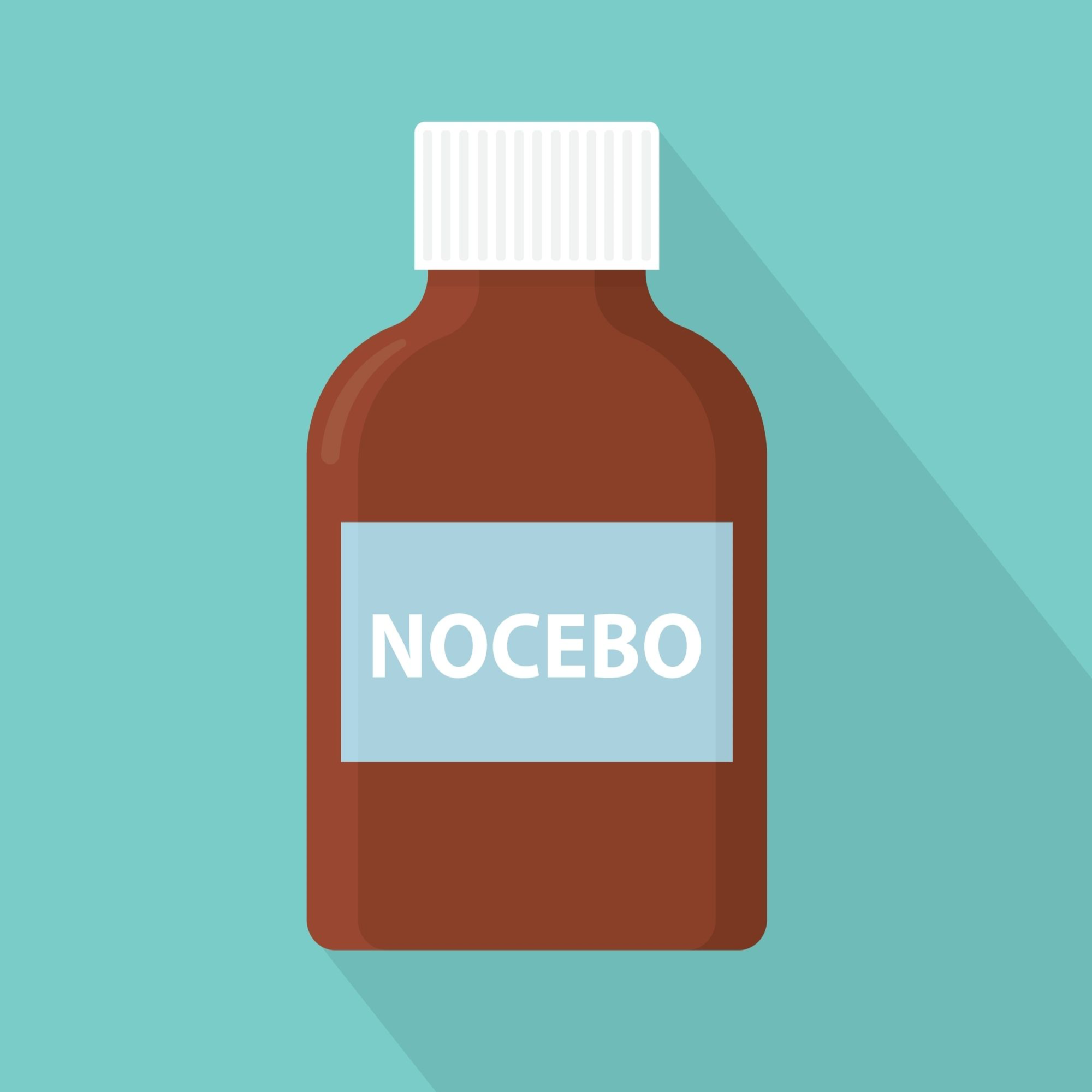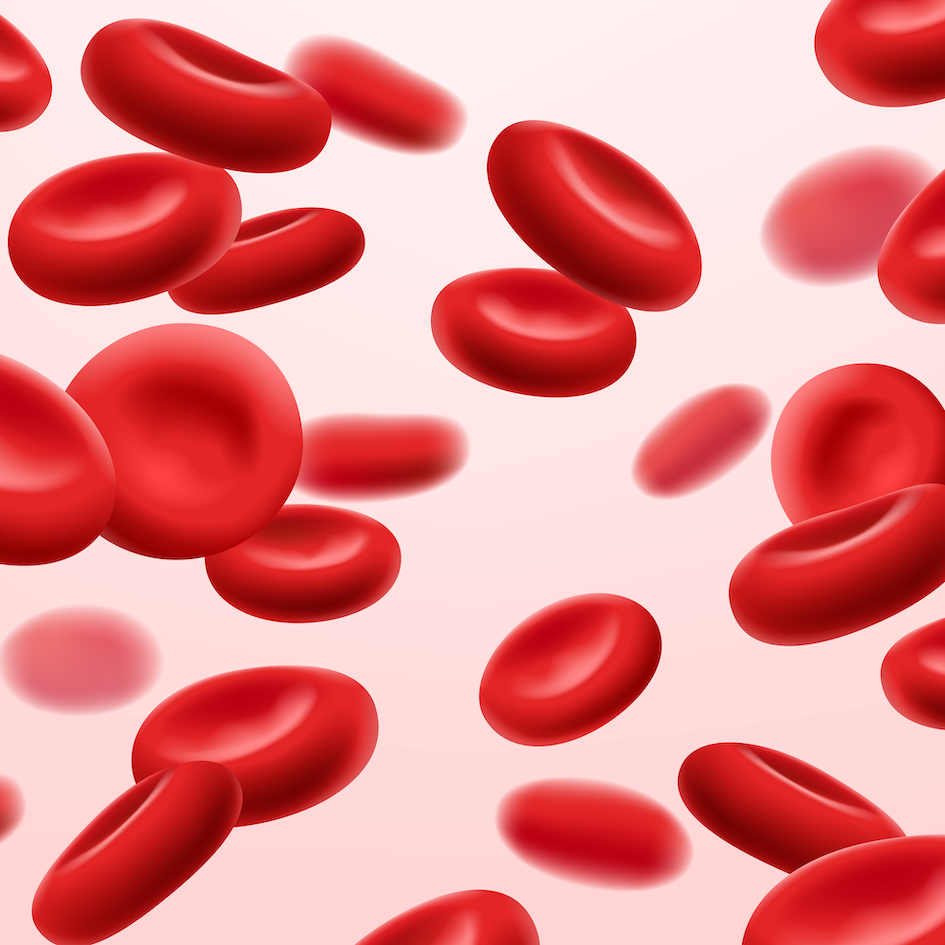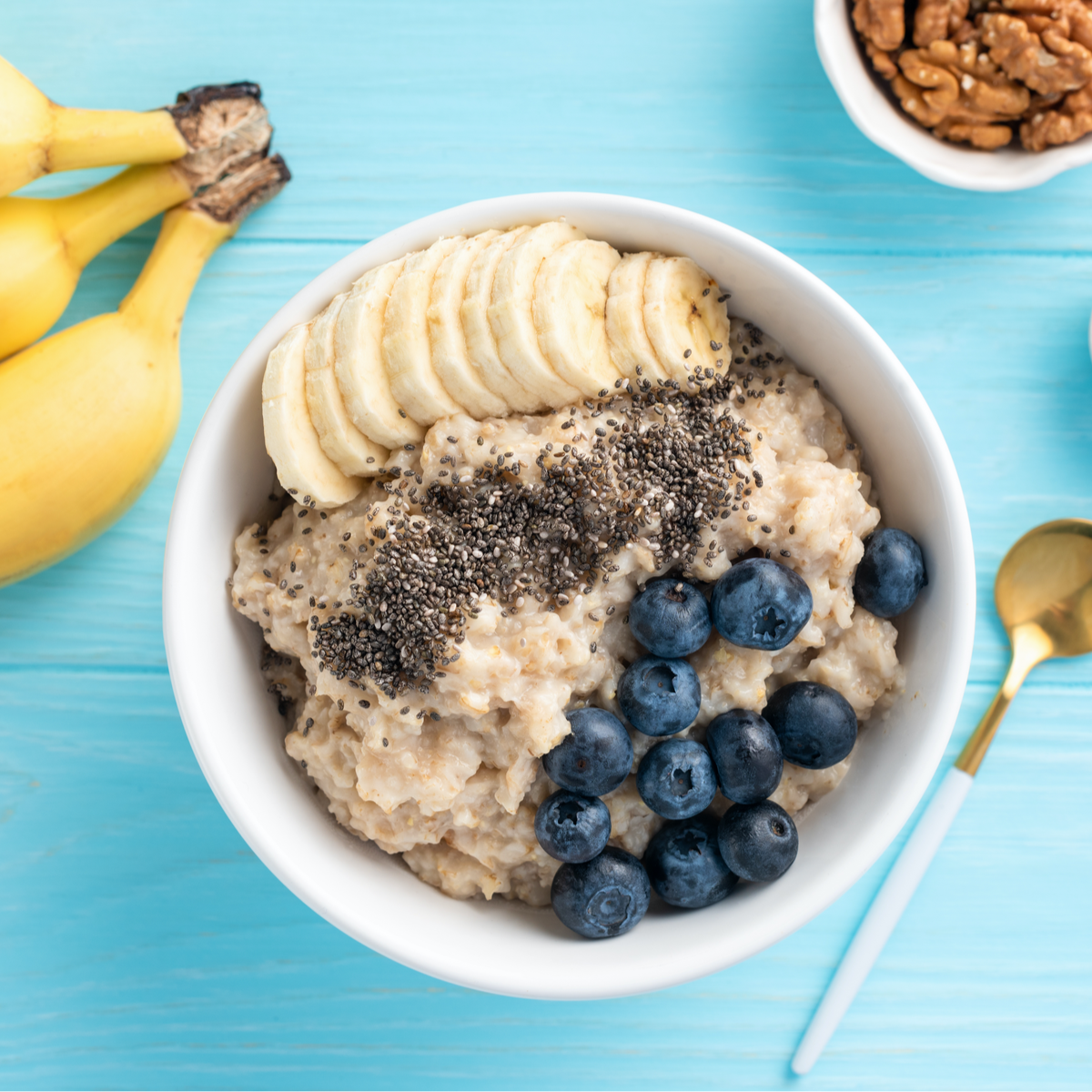
It’s an opportune time to dig into the risks and benefits of vaccines. Many parents have nagging concerns about existing vaccines and are skeptical about the prospects of a fast-tracked COVID-19 vaccine.
This topic hits close home, as my twin girls are about to enter Kindergarten and I just received an email asking me to get the controversial MMR-V (Measles, Mumps, Rubella and Varicella) vaccine.
In order to make an informed choice, I donned my scientist hat (I completed my PhD in genetics) and dug into the latest data on vaccine risks and benefits.
This article shares my key takeaways, along with resources to learn more, so that others can benefit from my research.
Five Things You Need to Know About Vaccines
1) Vaccines work

Taking my home turf (Canada) as an example, case numbers dropped remarkably across the borad before and after vaccines — by 87% (Whooping Cough) to 99–100% (Measles, Mumps, Rubella. Diptheria, Polio). Around the world, vaccines save millions of lives and prevent millions of cases of illness per year, especially in children under age five.
2) You are NOT better off taking your chances with the disease
 Don’t underestimate the diseases that vaccines have rendered nearly invisible. Even those that are usually less serious, like measles, come with a non-trivial risk of serious complications. For example, even in developed countries, measles infections result in death in 1 to 3 of every 1,000 cases, due to respiratory and neurologic complications.
Don’t underestimate the diseases that vaccines have rendered nearly invisible. Even those that are usually less serious, like measles, come with a non-trivial risk of serious complications. For example, even in developed countries, measles infections result in death in 1 to 3 of every 1,000 cases, due to respiratory and neurologic complications.Yes, vaccines can cause side effects too, but these side effects are typically very minor — such as a low-grade fever, fusiness and soreness at the injection site. Severe side effects do happen, but are extremely rare. The specific risks vary from vaccine to vaccine and are readily accessible through public health agencies, such as the United States Centers for Disease Control.
All told, the benefits of vaccines are FAR greater than the possible side effects for almost all of us (exceptions include severe allergies, pregnant women, etc).
3) Vaccines don’t cause autism
Follow-up studies intended to test the original paper that sparked this unfortunate controversy failed again and again to find any connection. The original study that ignited the debate years ago has been retracted.
This scientific article — Vaccines and Autism: A Tale of Shifting Hypotheses — includes a table of thirteen studies investigating this link — all of which found no connection. It also debunks each of the proposed mechanisms for how such a link would occur. In my books, when you have no mechanism, no confirming data, and a ton of refuting data, the case is closed.
This dynamic and regularly updated website (similar to a vetted Wikipedia) echos the same conclusion: Autism spectrum disorder and chronic disease: No evidence for vaccines or thimerosal as a contributing factor.
4) Vaccines don’t have to prevent every case of a disease in order to be beneficial
Photo: Unsplash
Most commonly recommended vaccines offer 90% protection or more, though some, like the seasonal flu, are substantially lower. If you’re inclined to only go with the super effective ones, think again. Just because you can still die while wearing a seatbelt doesn’t mean you shouldn’t wear one.
Even a vaccine that “only” prevents half of cases can save millions of lives, if the disease is common.
5) Vaccine preventable diseases are not gone, Can Easily Return
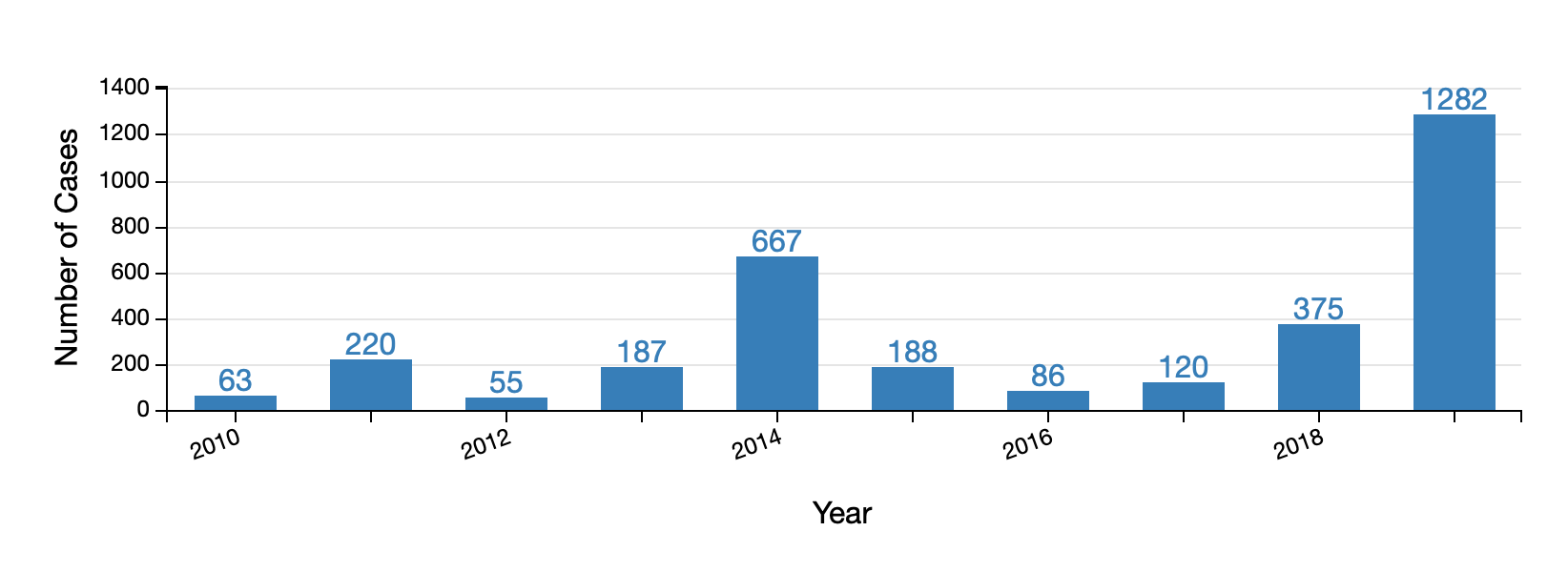
Many vaccine-preventable diseases are now so rare that neither parents nor doctors have seen them in years, if ever — in the developed world. Yet, many of the diseases we think of as “gone” are still common in countries without near-universal protection from vaccines. Furthermore, as we know all too well from COVID-19, all it takes is a single case for an outbreak to spiral out of control in a population lacking herd immunity.
Measles, one of the most infectious diseases we know, perfectly illustrates the precarious situation. Measles outbreaks are still common around the world. When public health officials examine the annual local outbreaks in the United States, they inevitably find that the majority of people who got measles were unvaccinated. Notably, the US Centers for Disease Control has observed that some of these outbreaks are “seeded” by international travelers. Thus, every country must always be prepared for new cases to emerge.
It’s worth taking a look at these fourteen diseases we almost forgot about thanks to vaccines, to ensure that you, and your children, are protected.
6) Vaccines protect not only your children, but also society’s most vulnerable.
In some cases, vaccines are not recommended, either due to age, or health conditions. These exceptions vary depending on the vaccine but include pregnant women, those with certain life-threatening allergies, and some those with weakened immune systems (immunocompromised). Yet, these same people are still vulnerable to the diseases that vaccines prevent, often with even more dire consequences.
By vaccinating your children, you help to protect others through “herd immunity“, a concept that is becoming commonly recognized thanks to COVID-19.
According to the Johns Hopkins Public School of Health:
“When most of a population is immune to an infectious disease, this provides indirect protection—or herd immunity (also called herd protection)—to those who are not immune to the disease.”
Closing Thoughts
Like every parent, I want desperately to help my children live their healthiest, happiest lives. The last thing I would want to do is voluntarily harm them. It’s natural to be leery of something if you hear even a whiff of alarm bells, regardless of the source.
I’ve reviewed the science carefully and my answer is clear: the upsides of vaccines far outweighs the minuscule risks. Count us in.
By vaccinating your child (and yourself, when appropriate), you protect not only your kids, but also society’s most vulnerable. In the same way that most of us are choosing to take COVID-19 prevention matters seriously to protect our parents, and other vulnerable people, the same thinking applies to childhood vaccines.
This is the first time I’ve publicly stuck my neck into the vaccine debate and I’m honestly a bit anxious about it given the heated nature of the topic. I wrote this article so that you could see some of the resources that a mom and scientist uses to make her choices — scientific publications, and the data provided by our public health agencies. I recognize full well that much of the controversy comes down to lack of trust. I’m not asking you to “just trust me”. If you don’t trust these sources, then this article will fall on deaf ears. I get that.
If you still feel unsettled about whether or not to vaccinate, I urge you to consult with your pediatrician, primary care provider, or an independent science-based resource, like those provided below.
I recently interviewed Stanford’s Chief of Pediatric Infectious Diseases, Dr. Bonnie Maldonado about childhood vaccines. You can find our chat here on my show, Get Real Health either on YouTube, Apple Podcasts or Spotify.
Science-Based Resources
Recommended vaccine schedules (through public health authorities)
- Vaccination Schedule for kids (Canada) — Health Canada
- Vaccination Schedule for kids (United States) — Centers for Disease Control
Resources to help parents understand vaccine risks and benefits
- American Academy of Pediatrics and their website for parents.
- Overview for parents on vaccine safety, ingredients, and more — from US Centers for Disease Control
- Overview for parents — from Health Canada
- Vaccine safety profiles — from US CDC
- Measles Mumps & Rubella (MMR) Myths and Facts — from United Kingdom National Health Services
- Learn about vaccine preventable diseases, for parents — from the American Academy of Pediatrics
- Learn about childhood vaccines — from Health Canada
- Vaccines FAQs — from Mayo Clinic
- Recent study (July 2020) of safety in all 57 FDA-approved vaccines since 1996: Postmarketing Safety of Vaccines Approved by the U.S. Food and Drug Administration


